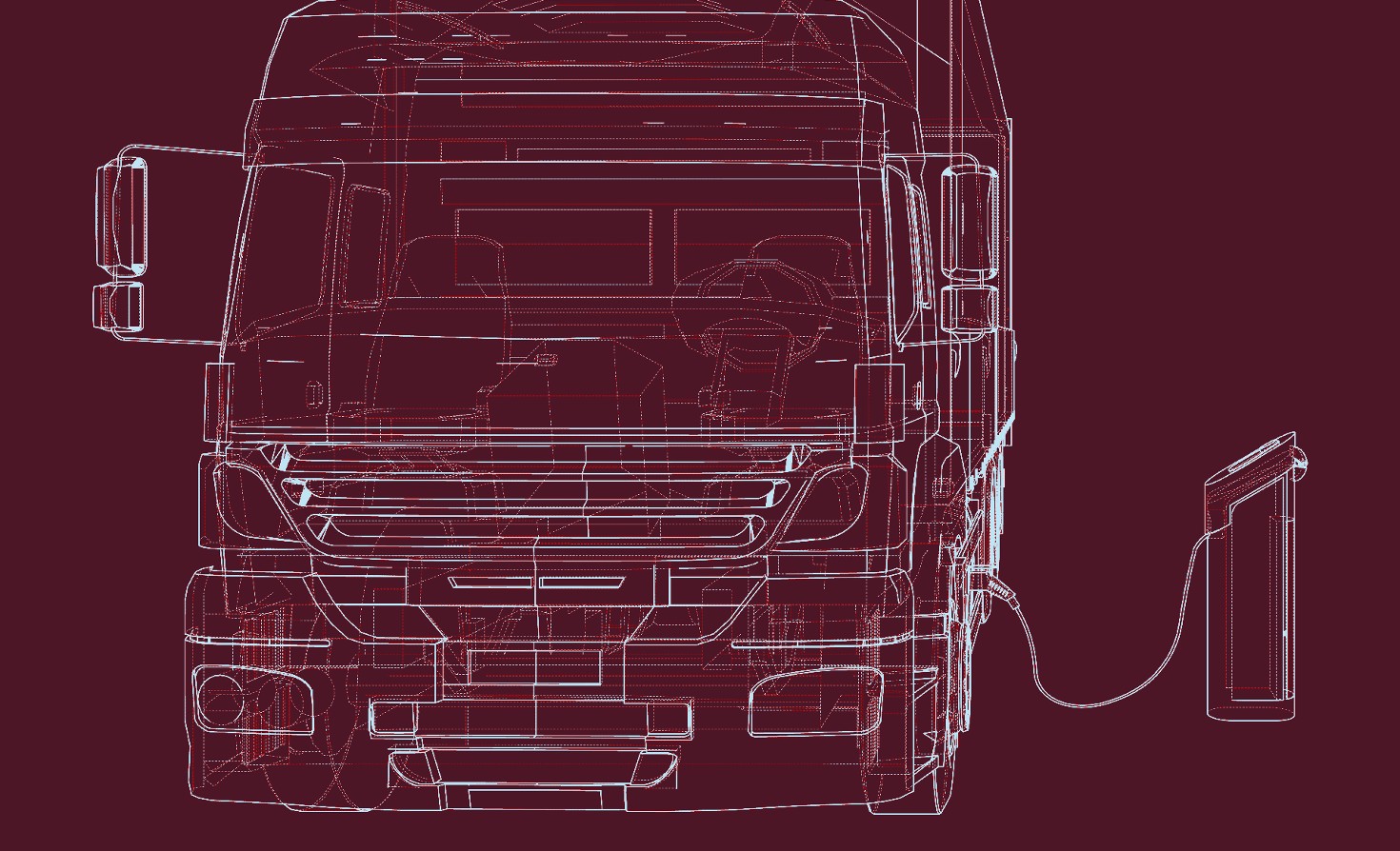Greenwashing is accelerating in the auto industry. Here’s one way to slow it down.
February 24, 2023

Across the nation, powerful corporations have figured out that greenwashing is an effective way to dupe the public into thinking their products are green or environmentally friendly. Often, the reality is much different. Despite what the packaging may say, these products are usually only marginally better — if not just as environmentally harmful — as others on the market.
Companies know that consumers are becoming more environmentally conscious and want to make responsible decisions when purchasing products for themselves, their families and their homes. Greenwashing applies to more than just individual products; it extends to brands as well. Many companies want to be perceived as having real concern for the health of consumers and the planet. This is not just greenwashing a product but an entire brand.
Greenwashing has never been more prevalent in the auto industry, particularly truck manufacturing. Many major truck companies are publicly claiming their support for a zero-emission future while quietly participating in efforts to stymie progress toward cleaner and pollution-free trucks. Industry heavyweights such as Daimler and Volvo are members of the Truck and Engine Manufacturers Association (EMA), a little-known trade association that has fought for years to obstruct and delay life-saving progress on the transition to electric trucks. While the EMA has continued to lobby federal and state agencies, their member companies publicly greenwash their brands for profit.
Last May, the EMA brought (and eventually dropped) a harmful lawsuit against the California Air Resources Board to delay the life-saving Heavy-Duty Omnibus Rule, which aims to cut deadly diesel pollution from heavy-duty trucks. The organization has also been fighting in numerous states for years to block standards that will accelerate the adoption of electric trucks and buses.
While all forms of greenwashing are harmful and deceitful, what members of the EMA are doing by allowing the organization to fight clean-air standards in their name is especially harmful. As our communities face the impacts of the climate crisis and bad air quality, all efforts should be focused on decarbonizing the transportation sector. Announcing lofty goals yet undermining critical truck policies threatens lives and clean air across the country.
Last year amid public pressure, companies began to distance themselves from the EMA’s actions. Ford, Honda, GM and Cummins all released public statements denouncing the lawsuit despite their membership to the EMA. It’s clear these companies recognize the popularity of electric vehicles; many of these companies’ social media feeds have regular content about electric trucks.
This month, Ford went further, taking a bold step by leaving the EMA. By leaving, Ford is supporting a pollution-free future.
Now it’s time for other companies such as Honda and Volvo to put their money where their mouth is and leave the EMA. Currently, more than two dozen organizations are calling on EMA companies to leave. It’s clear the EMA does not support a bold zero-emission future and will continue to fight to delay this important transition where possible. Ford has set the bar by cutting ties with the EMA and other companies need to follow. By continuing to let the EMA do their dirty work these companies are not only delaying electric truck adoption but actively fighting progress toward life-saving climate and health goals.
Get articles like this delivered to your inbox


